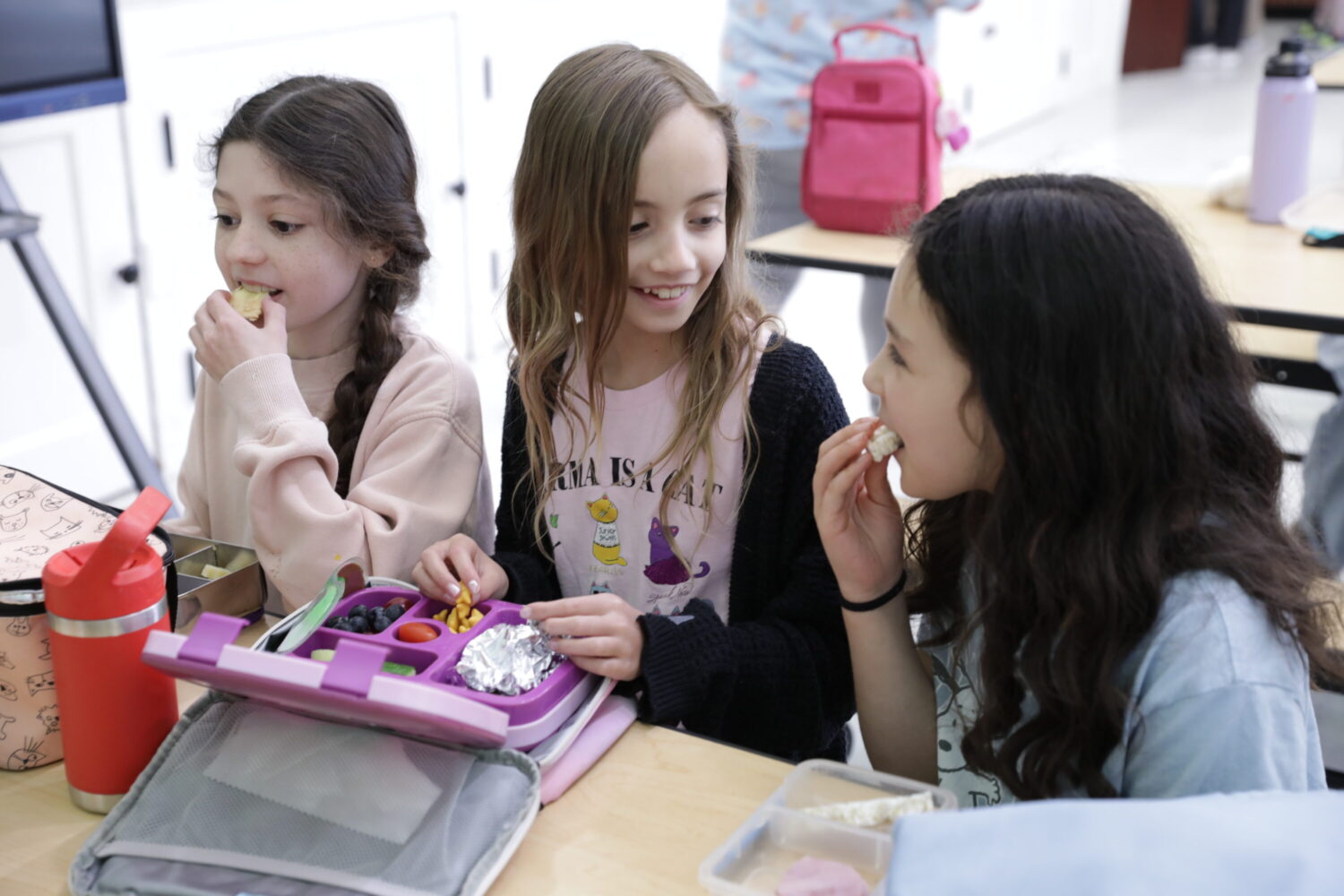Introduction to a Greener Initiative
Houston ISD fourth grader Dora Cabarcas was inspired by a 12-year-old in Colorado who led a ban on plastic foam takeout containers in her state. Cabarcas decided she wanted to do the same for her school, River Oaks Elementary. Alongside her best friends, Celine David and Maddie Woods, they began to take action against the use of Styrofoam trays in their cafeteria.
The Harmful Effects of Styrofoam
The girls’ cafeteria has bright green walls, but their attention was focused on the trays themselves, which are made of Styrofoam. When heated, the material releases harmful chemicals into the air, and these chemicals can also enter the body by eating hot food that was on the tray. Polystyrene, a component of plastic foam, can cause cancer in high levels, according to the Centers for Disease Control and Prevention. Heat causes the plastic to latch onto food, making it a significant health concern.
Taking Action
The trio spent several weeks giving presentations to various classes about the harmful chemicals in plastic foam. They started a petition to get all Houston ISD trays switched out for reusable ones. Some states, like Rhode Island, have already adopted a plastic-foam ban, pushing schools to switch to steel trays. The girls quickly garnered support among their fellow students, collecting over 200 signatures, which were then used to start an online petition that gained nearly 300 supporters as of early April.
Meeting with the Superintendent
The petition caught the attention of Superintendent Mike Miles, who met with the girls on April 2. They asked him to ban plastic foam at all Houston ISD campuses. Miles stated that the district is considering tray alternatives, although this may be an uphill battle. The Texas Legislature is currently debating several education-related issues, including school funding and teacher raises.
The Importance of Every Voice
David emphasized that every single voice and signature has a significant impact. Cabarcas is passionate about this initiative because plastic foam is not recyclable or biodegradable, and she worries about landfills polluting the ocean. Woods is also pushing for reusable trays to make her school more eco-friendly, as she believes it will help reduce waste and prevent landfills from expanding.
Concerns and Challenges
Food service attendant Roquellia Wilson understands the girls’ concern for their health and the environment, but she believes that plastic foam is convenient for her and her team. The trays are easier for the kids to handle, and they can simply be thrown away, reducing the risk of spreading germs. However, David pointed out that the polystyrene in their trays is linked to memory, hearing, and vision loss, according to the CDC.
The Bigger Picture
The issue is more pressing than people may realize, as some students are not only eating off the trays but also eating the trays themselves. Woods stated that in two classes in fourth grade, 10 people eat the trays, which can harm their bodies and nervous systems. Although Houston ISD hasn’t committed to switching out its lunch trays, the girls believe their endeavor was still worth it, as they learned how to think big and take action.
Conclusion
The initiative led by Cabarcas, David, and Woods demonstrates the power of young voices in creating change. While the solution may not be simple, their efforts have sparked a conversation about the importance of eco-friendly practices in schools. As Woods said, "We’ll probably have a lot more chances to do more petitions because there’s a lot of things in the world that need more fixing." The girls’ determination and passion for a greener future are an inspiration to their peers and a reminder that every small step can lead to significant positive change.




